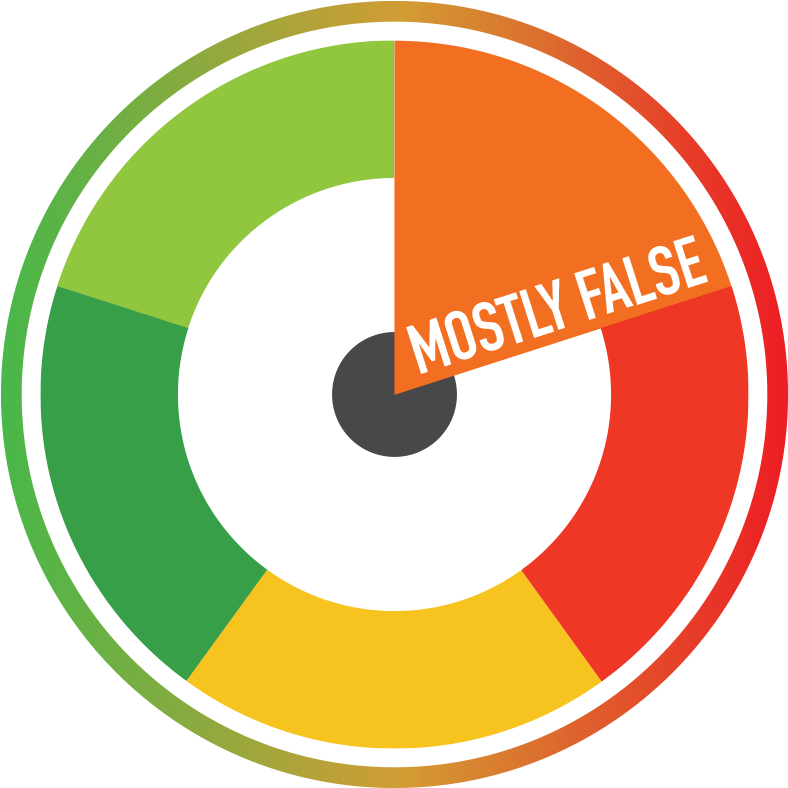With less than 40% of the population having been administered two doses, Moldova lags behind EU countries in the area of vaccination against covid19; an important concern for its national law-making authorities. After loosing its parliamentary majority in July 2021, the Moldovan Socialist Party claimed that the new government’s measures led to a near 60% reduction in vaccination rates in Moldova. The claim turns out to be mostly false.
In Moldova, the pro-European “Action and Solidarity” (PAS) party won a parliamentary majority in the July 2021 elections. The new government was officially inaugurated on the 6th of August, having Natalia Gavriliță as a prime minister. Before that, the Socialists and Democrats had the parliamentary majority in Moldova.
The Socialists blame the pro-European PAS party for the vaccination decrease
Almost two months after the inauguration of the new prime minister, the left-wing Moldovan Socialist Party publishes a news item. The news article claims that Moldova’s vaccination rate has decreased by almost 60% as a result of the new government’s actions. The socialists state that between July 6 and August 5, 335,044 people got vaccinated in Moldova, compared to 148,690 people that have been immunized with the vaccine from August 6 until September 5. But did the vaccination rate drop by almost 60% during those weeks? And if so, was the new government to blame for the decrease?
According to the daily vaccination reports, requested from the Ministry of Health of the Republic of Moldova, between July 6 and August 5, 335,054 people got vaccinated, a number very similar to the one given by the socialists. But the alleged drop by “almost 60 %” turns out to be slight exaggeration. The reports from the Ministry of Health show that from August 6 to September 5, 342 824 people have been vaccinated, meaning that the vaccination rate decreased by 56%, instead of 60%.
The new government is not responsible for the vaccination decrease
While the Socialists blame the new government for the drop in vaccinations, the “Action and Solidarity” party can hardly be held responsible for the temporary decrease of the vaccination rate. According to Ala Tocarciuc, independent consultant and expert in public health, the drop in the vaccination rate was influenced by multiple factors: “I do not think that the change of the political structure in the Parliament has a direct impact on the dynamics of the vaccination campaign. The access to the vaccine and the presence of fake news – all together fueled the reluctance of the vaccination”.
Conclusion
The claim “Due to the new government’s measures, Moldova’s vaccination rate decreased by 60%” is mostly false. According to the daily reports of the Ministry of Health, the vaccination rate in the country dropped by 56%, not 60%. Moreover, the second part of the statement is not correct either, as short-term changes in the vaccination rate cannot be directly attributed to a change in the government.
RESEARCH | ARTICLE © Laurentia Jora, Thomas More University of Applied Sciences
Leave your comments, thoughts and suggestions in the box below. Take note: your response is moderated.




